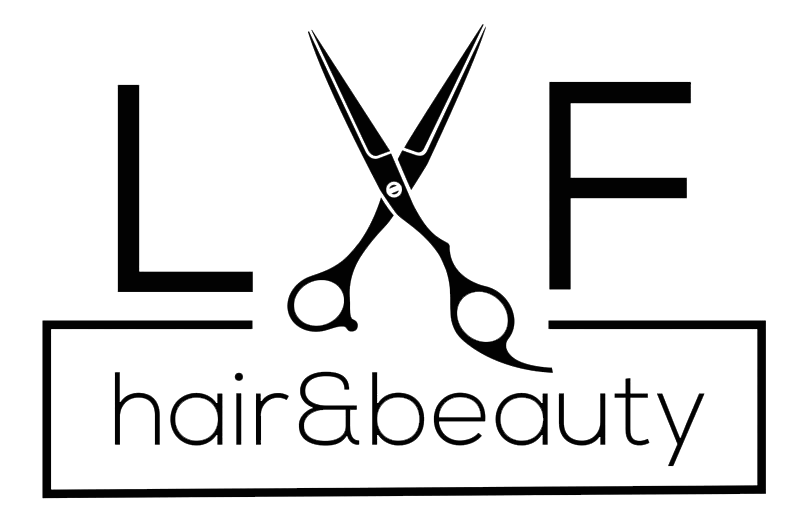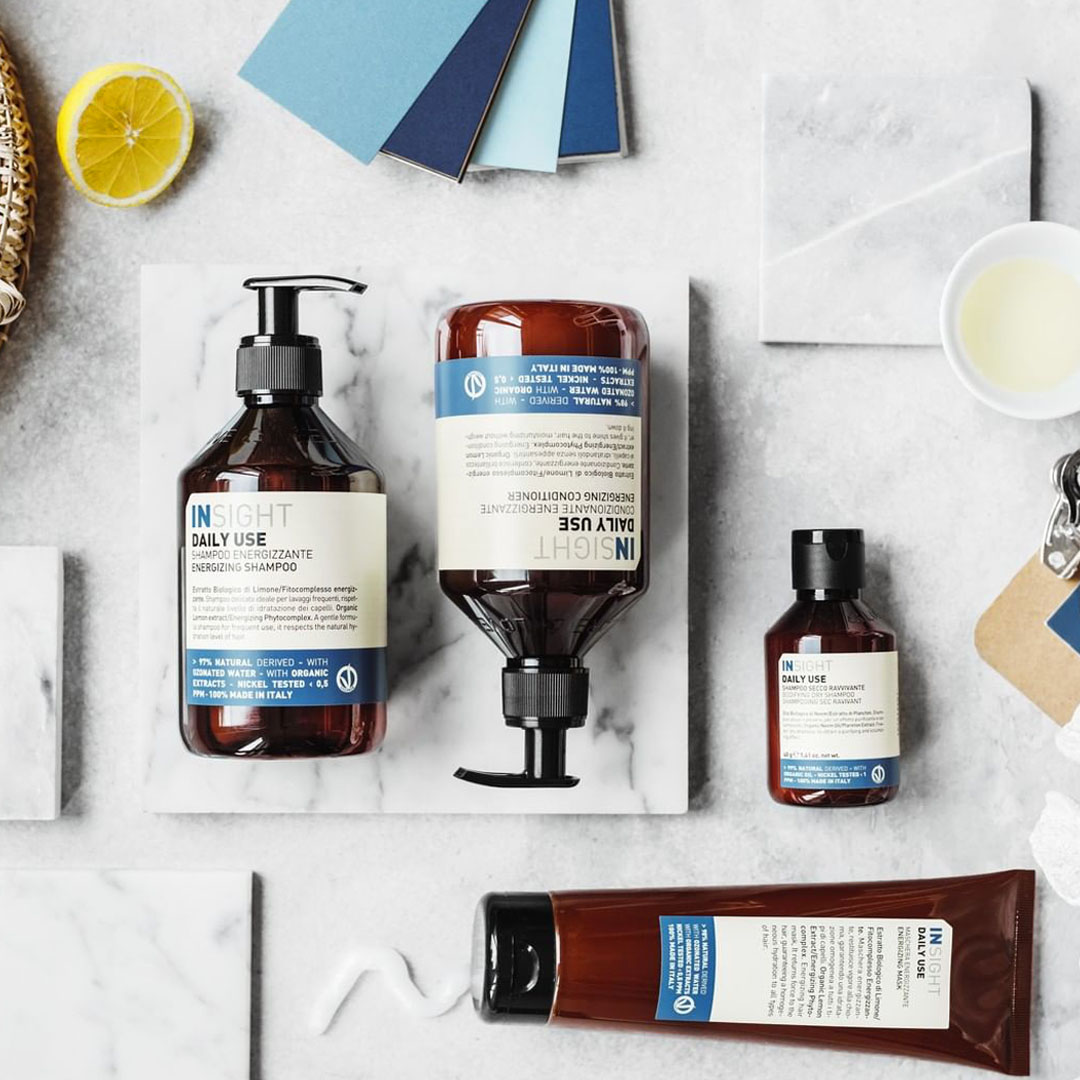Sulfates in Shampoo: Should You Avoid Them?
Sulfates in Shampoo: Should You Avoid Them?
Sodium lauryl sulfate (SLS) and Sodium laureth sulfates (SLES) are ingredients commonly used in producing shampoo, soaps, detergents, toothpaste and a whole lot of personal care products.
SLS and SLES are found in high concentrations in industrial products, including engine degreasers, floor cleaners, and car wash products and used in lower concentrations in household and personal care products such as cleaning products, toothpastes, shampoos, and shaving foams.
The foaming action means that a person can spread the shampoo over a greater area of their head. It may also help any active ingredients in the shampoo work deeper into the hair to remove dirt and excess oil. Of course, this may also mean that the person uses less shampoo.
Sodium laurel surfactant, which is a chemical that breaks down surface tension. The result? More effective cleaning and lots of big bubbles. SLS is cheap to produce, and it creates the type of lather that people have been conditioned to think means “clean,” so it’s a staple of conventional personal care. It’s also a staple in industrial cleaning products, so if you have an engine that needs to be degreased it can do that too.
The most common sulfates found in store-bought shampoos include sodium lauryl sulfate, sodium laureth sulfate, and ammonium laureth sulfate. Other products may contain slight variations of these compounds, as well. These are not true sulfates, but they carry out the same role.
Should Sulfates be avoided?
There may be some downsides to including sulfates in shampoo. One downside is that sulfates may be too effective at cleaning. Sulfates help a shampoo to strip oil and dirt away from the hair. However, the hair needs to retain a bit of its natural moisture and oils to stay healthy. Sulfates may strip away too much moisture, leaving the hair dry and unhealthy. They may also make the scalp dry and prone to irritation and can cause an unpleasant ‘burning’ feeling on the skin for many, especially those of us who are prone to acne or sensitive skin. While Sulfates are definitely effective at dissolving grease and oil from the scalp, it’s equally as effective at leaving your hair dry, straw-like, or flat, and damaging your curls or stripping your hair colour.
Depending on how it’s manufactured, sodium laurel sulphate and it’s cousin sodium laureth sulphate may be contaminated by dioxane, a suspected carcinogen. Our bodies can’t metabolise dioxane effectively, which allows it to build up over time. If your one that washes their hair most mornings, it’s time to invest in the mildest shampoos that’ll clean your hair without drying it out – or worse, destroying it or your health over time.
Going all Natural?
Many SLS-free shampoo also happen to use natural ingredients for their products. There are so many benefits to going natural. For some of us going natural with our health and beauty products gives us confidence that the product will be of high quality and won’t leave any nasty effects on the skin. It also means that the product will be free of parabens which are said to also be harmful to the skin.
Using natural ingredients also means more genuine and pleasant aromas will flow out of the shampoo. Aromatherapists believe that these aromas can help us to relax, de-stress and feel happier. I’ve made it my mission to find the mildest shampoos such as INSIGHT DAILY USE that’ll clean your hair without drying it out, and this sulfate-free shampoo will generally clean the hair just as effectively as those that contain sulfates.
What Alternatives are there to Sodium Lauryl Sulfate?
Thankfully we live in a world where there are numerous alternatives to this cheap potentially harmful ingredient. One of my favourites is coconut oil, which can create a lovely lather combined with other ingredients. All of INSIGHT shampoos are formulated without SLS and SLES (Sodium Lauryl Sulfate and Sodium Laureth Sulfate), which are considered aggressive and potentially irritating surfactants.
Instead INSIGHT choose to use a gentler cleansing agent, derived from coconut. Using a more dermo-compatible cleansing product means protecting scalp health and balance over time.

